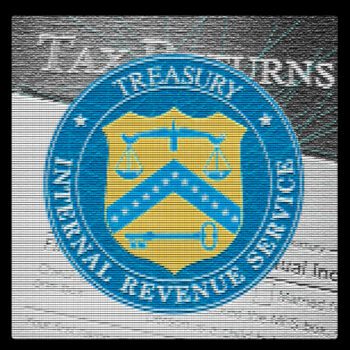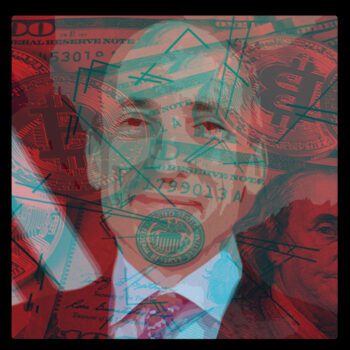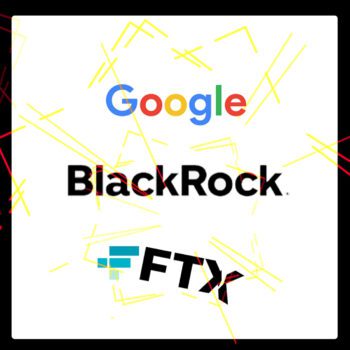|
thisCrowd - Audio Read
Getting your Trinity Audio player ready...
|
A new player called OnlyFake has thrown a curveball, claiming to use AI software to whip up fake IDs that dance past Know Your Customer (KYC) checks on crypto exchanges. These digital fakes, priced at a cool $15 each, could be a game-changer for crypto hackers and scammers looking for a backstage pass into crypto security and KYC.
OnlyFake takes pride in its ability to churn out convincing fake IDs from 26 countries, spanning the United States, Canada, Britain, Australia, and various European Union nations. To sweeten the deal, they accept payments in cryptocurrencies through Coinbase’s commercial payments service. Recent reports tell the tale of a British passport cooked up by OnlyFake, smoothly slipping through the KYC verification net of the crypto exchange OKX, as evidenced by a photo casually laid on a bedsheet.
It unfolds on a Telegram channel where OnlyFake’s users spill the tea on their triumphs, boasting about waltzing through verification processes at crypto hotspots like Kraken, Bybit, Bitget, Huobi, and even the ever-so-familiar PayPal. This not only raises eyebrows but also raises concerns about the potential use of these fabricated documents to open secret exchange doors and bank accounts, shrouding the true identity of mischievous players.
The pseudonymous owner of OnlyFake, going by the alias “John Wick,” boldly claims that their creations can outsmart KYC checks on major exchanges like Binance, Kraken, Bybit, Huobi, Coinbase, and OKX. However, OKX vehemently denies any involvement or endorsement of fraudulent activities, launching an internal investigation to uphold its commitment to fighting fraud on its platform.
OnlyFake, wearing its virtual heart on its sleeve, insists it’s no outlaw. The website boldly declares that it doesn’t indulge in illegal activities, stating that its templates are strictly for the entertainment industry – movies, TV shows, and web illustrations. However, skeptics raise an eyebrow as users can whip up these “entertainment-only” documents in less time than it takes to make a cup of coffee.
OnlyFake’s Ai is supposedly a breeze, with users able to craft fake IDs in under a minute. The platform offers the option to upload personal photos or pick one randomly from a collection, without tapping into some magical network. To add a dash of chaos, a Telegram post spills the beans that the site can cook up a whopping 100 fake IDs simultaneously, using data straight out of an Excel spreadsheet.
It’s upping the ante with image metadata spoofing. Users get to play puppet master, manipulating GPS location, date, time, and even the device supposedly responsible for the “photo.” This feature rings alarm bells as some verification services heavily rely on this data to separate fact from fiction.
A stroll down memory lane brings us to 2022 when CertiK uncovered an online marketplace where identities were peddled for as little as $8. The deal? Become the verified face of shady crypto projects, open bank accounts, and exchanges on behalf of those with not-so-pristine intentions. The prevalence of AI deep fake tools in the crypto world has added a spicy layer of doubt about the reliability of video verification in identity checks.
The stage is set, and the spotlight is on the unsettling emergence of AI-generated fake IDs, casting a shadow on the security of crypto exchanges and the broader cryptocurrency ecosystem. OnlyFake’s $15 ticket to anonymity exposes the chinks in the armor of KYC processes, providing a potential haven for bad crypto characters . As exchanges like OKX scramble to untangle the web, the crypto industry faces a pressing need to tackle the evolving challenges brought by the misuse of AI in fraudulent activities, fortifying security measures to keep the crypto secure and sound.








































